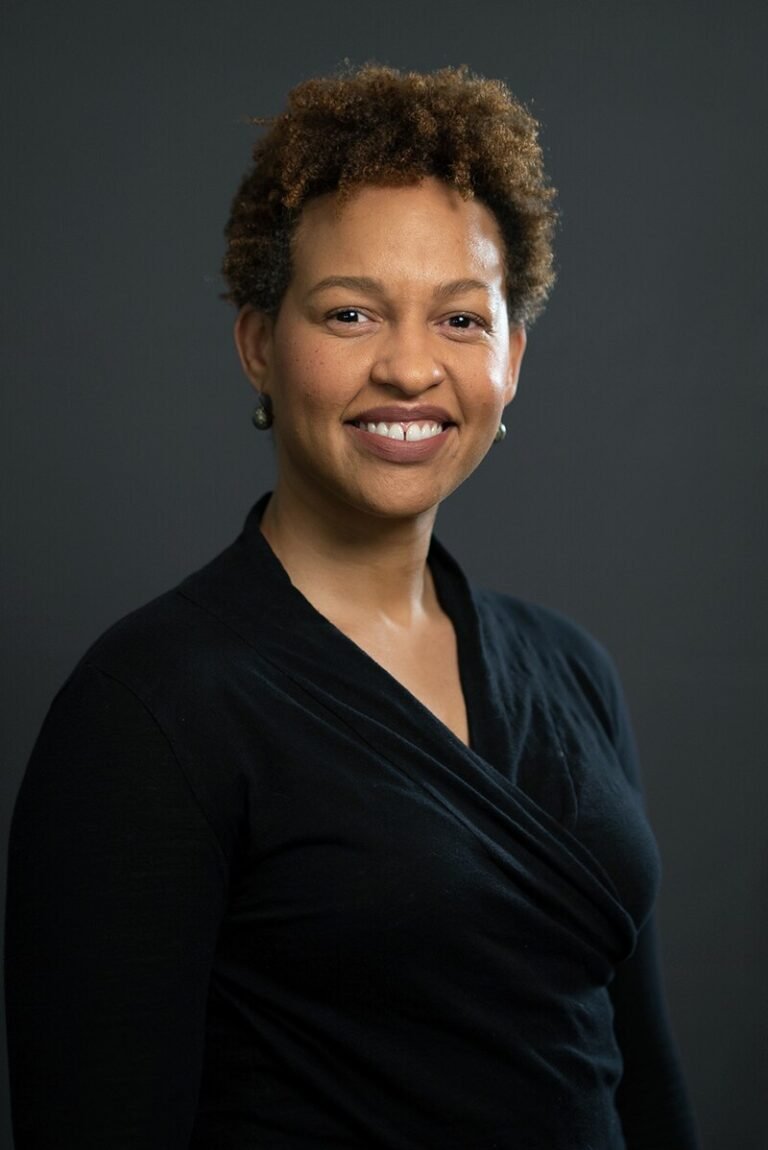Dr. Michelle E. Morse has become a prominent voice in the fight for health equity and racial justice in public health. As the Acting Commissioner of the New York City Department of Health and Mental Hygiene (DOHMH), she is shaping the city’s post-pandemic health strategy with a clear focus on underserved communities and structural reform.
A graduate of Harvard Medical School and the Harvard T.H. Chan School of Public Health, Michelle E. Morse built her career at the intersection of clinical care and public advocacy. She began her academic journey at the University of Virginia before moving into medicine and global public health. Her early work included service as a hospitalist at Brigham and Women’s Hospital and as an Assistant Professor at Harvard Medical School, where she championed social medicine and equity-based education.
Morse is also known for co-founding EqualHealth, an organization dedicated to building healthcare leadership and advocacy skills in Haiti and other underserved regions. Her global experience, especially in Haiti following the devastating 2010 earthquake, shaped her understanding of health systems under pressure and deepened her commitment to social justice in healthcare.
Since joining the New York City Department of Health, Michelle E. Morse has held multiple leadership roles, including Chief Medical Officer and Deputy Commissioner for the Center for Health Equity and Community Wellness. In these positions, she has helped guide the city’s health policies during some of its most challenging periods, including the COVID-19 pandemic. One of her notable achievements was launching the Public Health Corps NYC, a program aimed at strengthening community connections and improving access to public health services across the city.
During the pandemic, Dr. Morse was a key advocate for using data to highlight and address racial disparities in infection and death rates. She consistently pushed for transparency, emphasizing the need to track outcomes by race, income, and neighborhood to fully understand COVID-19’s unequal toll. Under her leadership, the department framed racism as a public health crisis, integrating anti-racist strategies into city health programs.
Her efforts go beyond emergency response. Michelle E. Morse has spoken out on broader issues like Medicaid access, chronic illness management, and the need for reliable, community-based healthcare systems. She often highlights how structural racism has contributed to poor health outcomes in Black and Brown communities. Her approach seeks to correct these imbalances by focusing on prevention, community engagement, and targeted investments.
As Acting Health Commissioner, Morse continues to advocate for vulnerable populations. Her recent comments regarding the closure of the Crown Heights COVID testing clinic reflect her careful balancing of resource limitations with the need for accessible services. While she acknowledges the shift away from federally funded emergency programs, she remains focused on ensuring that long-term health solutions are equitable and community-informed.
Michelle E. Morse’s career reflects a consistent mission: to challenge unjust systems and build inclusive models of care. Her background in both medicine and public health gives her a unique ability to bridge clinical realities with large-scale policy reforms. She is often invited to speak at national forums and has been featured in publications such as The New York Times, The Lancet, and STAT News for her insights on health equity.
Her leadership has made a measurable impact in how cities can approach public health through a lens of justice. Whether in Haiti, Boston, or New York City, Morse brings a steady commitment to dismantling systemic barriers and empowering local communities to lead their own health narratives. Through education, advocacy, and action, Dr. Michelle E. Morse is helping redefine what public health leadership can and should look like in the 21st century.







